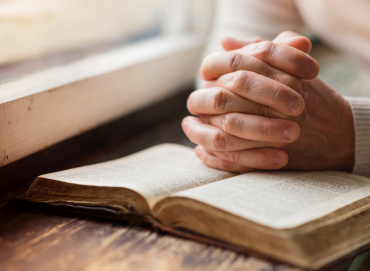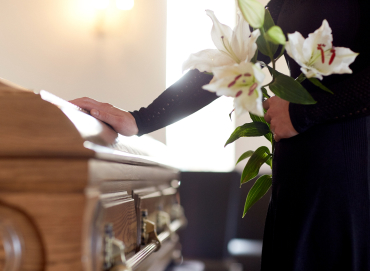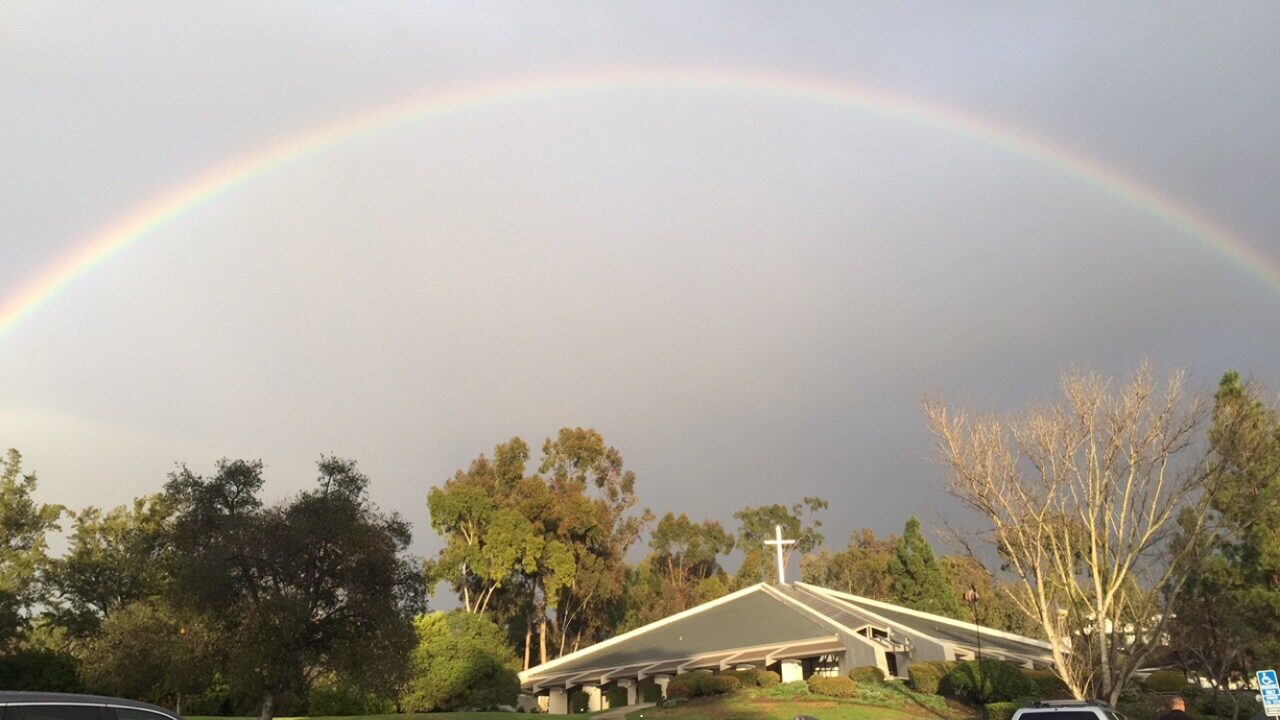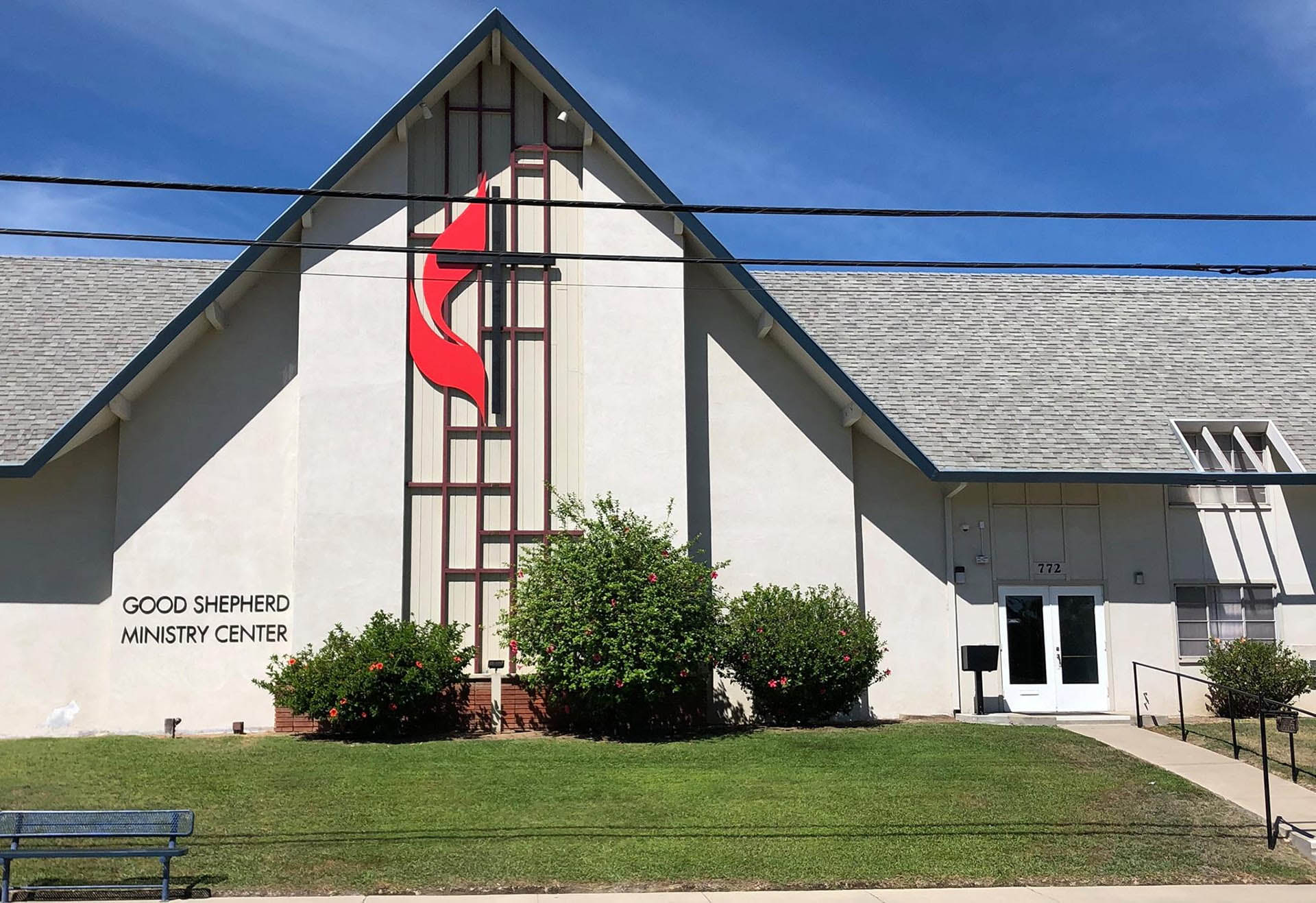Who We Are
Act as Christ
Our Mission
Foothills is a healing community and a resource for growing in relationship with God. We are committed to nurturing and strengthening the community in Christian faith.
MissionGet to Know Us
Our Staff
Learn more about our leaders and the ways they are working to care for the congregation.
StaffWorship With Us
Foothills Faith Services

Baptisms
Learn more about this sacrament as it is offered to individuals as an entrance into the church community.
JOIN WITH GOD
Prayer
We care for our members as well as the people in our community and world, offering several areas of support to those in need.
TALK WITH GOD
Weddings
We have a beautiful sanctuary and lush surrounding landscape where we can accommodate weddings while offering a complete package.
PROMISE WITH GOD
Funerals
A time of loss can be difficult but we are here for you to assist in celebrating the life and memory of your loved one.
RETURNING TO GOD
Support Our Efforts
The work we do is made possible because of the ways our community comes together, providing time, money, and resources.
Make a Donation
Help support our work by making a contribution to the church or donate to a specific aspect of our ministry.
Be a Good Shepherd
We provide essential services to El Cajon using a market-style service model.

